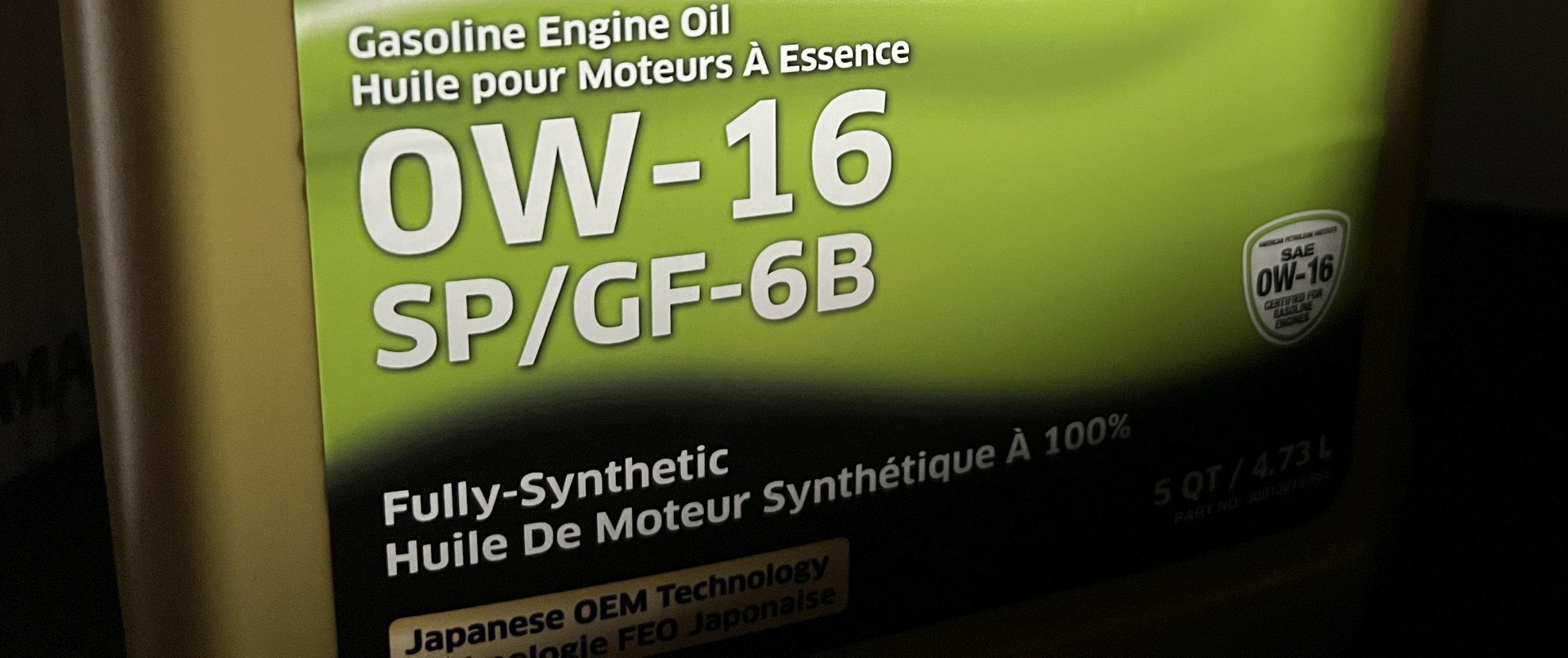In case you didn’t know, there are 3 types of motor oil: conventional, semi-synthetic, and full synthetic. Up until now, we have serviced some cars with conventional and some cars with full synthetic. Most older engines were fine with conventional oil, and there was no advantage to using synthetic, provided the car was operated under normal conditions.
On the other hand, we did use full synthetic oil on some cars. For instance, if a car was equipped with a turbo, we’d use synthetic oil. High power high revving engines also needed good quality synthetic motor oil. And then sometimes a customer just loved their car and would rather use the very best motor oil regardless of the return on investment.
Is full synthetic oil better?
Yes, synthetic oil is better, but that doesn’t necessarily mean that your car will last longer if you run full synthetic motor. It’s possible to run some engines for 300,000 miles using conventional oil. Other engines will fail if anything other than full synthetic oil is used. Here’s what synthetic motor oil does best:
- Flows better at low temperatures
- Doesn’t break down under high temperatures
- It’s possible to make today’s thin motor oils like 0w-16 and 0w-20 with synthetic oil
- Resists extreme pressures (I’m honestly not sure if this is a characteristic of synthetic or the additive package. Regardless, high-quality synthetic oils are typically specified for engines with direct injection pumps or variable valve lift.)
Full synthetic vs. conventional oil (regular oil)
If you have an engine that doesn’t require synthetic, and you don’t overheat it or drive in a very cold environment, you probably won’t get much benefit from running full synthetic. However, if your engine overheats one day, or you drive up to Alaska, maybe your engine will be pretty happy that it’s filled with synthetic motor oil.
If on the other hand you have an engine that needs synthetic, you’d better use it. Getting a cheap oil change can lead to a very expensive engine repair.
can you mix full synthetic oil with regular oil
Yes. Absolutely! A proper oil level is always more important than the type of oil. If you’re at a gas station and your oil is low, set the level with whatever is available. It’s fine to mix synthetic oil with conventional oil. It’s better to add a couple of quarts of conventional motor oil to an engine that needs full synthetic than it is to drive around two quarts low. However, in that case, it’s a good idea to do a full synthetic oil change when you can.
If only synthetic is available and you normally do your oil changes with synthetic, no problem. Add some synthetic. No need to worry about getting an oil change in this case unless you’re already due.
Full synthetic oil vs synthetic blend oil
Synthetic blend is marketing. If you run conventional oil, you can use it, but certainly don’t buy it if it costs more and conventional is available. If your vehicle requires full synthetic motor oil, don’t use a synthetic blend; it’s more or less conventional oil with more marketing.
How often to change full synthetic oil
The quick answer is that full synthetic oil change interval is the same as the conventional oil change interval. Synthetic oil doesn’t last any longer than conventional oil. For nearly all of the cars we service, we recommend replacing synthetic motor oil every 5,000 miles.
At minimum you should replace your motor oil when the vehicle manufacturer recommends it. Keep in mind that manufacturers have a “severe service” recommendation that will require more frequent oil changes based on the conditions described. You shouldn’t ignore this. If the way you drive meets the severe service conditions, then you should replace your oil on the severe service schedule.
Why did Art’s stop using Conventional Oil?
So, why did we switch? Why are we using full synthetic on every car now? Well, cars are changing. Gasoline Direct Injected Turbo engines are becoming very popular, and they are VERY hard on motor oil. Turbo engines cook motor oil and need full synthetic. Direct Injected engines contaminate the engine oil with gasoline, diluting it. Using conventional oil on a car like this is a very bad idea.
We stock motor oil in bulk oil in the 3 most popular weights: 0W20, 5W20, and 5W30. Everything else comes in bottles, and bottles create a whole lot of waste and extra janitorial work. Each bottle must be fully drained before “recycling”.
Recycling is in quotes because plastic recycling frequently doesn’t really happen.
Anyway, whatever we’re using the most of, we want in our bulk containers, and we’ve finally hit the tipping point; the majority of the cars we repair are requiring full synthetic.
But my car doesn’t need full synthetic.
Around 45% of the cars we repair don’t need synthetic oil. However, using synthetic certainly won’t hurt your car. Stories of synthetic motor oil causing seal leaks or sludge forming when mixed with conventional oil are myths, and in some cases synthetic oil may even provide more protection than conventional oil.
A full synthetic oil change price will be higher. Around 5-10% more when compared to conventional oil. But for most cars, prices will remain the same, because most cars already require full synthetic oil.
In general, our customers aren’t shopping for the cheapest possible oil change. We use genuine oil filters that we buy from dealerships, and we’ve never purchased cheap motor oil. In spite of that, our prices have always been within a few dollars of the quick lube places.
Considering this, and the fact a professional mechanic will be working on the car, we think our customers will still find value in having their oil changed by us, even with the small increase in price.
